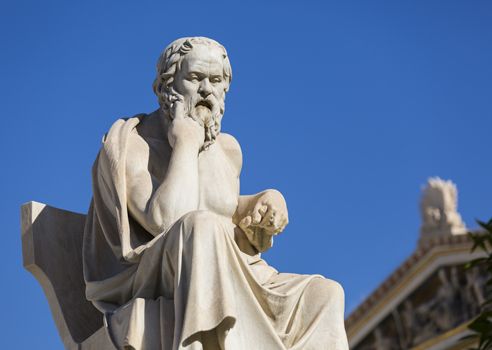Reading time: Less than 1 minute
Increase your vocabulary and you’ll make your writing much more precise. That’s why I provide a word of the week. Today’s word: maieutic…
I wrote yesterday about Draftback — a fascinating piece of free software that will allow you to record your writing, keystroke by keystroke and then play it back to yourself.
Coder James Somers first described his invention in a 2010 essay in the Atlantic Magazine, modestly headlined “The Simple Software That Could—but Probably Won’t—Change the Face of Writing.” Apart from his app, which I found deeply interesting, I was also impressed by his use** of a particular word that I’d never before seen: maieutic. Here’s how he used it:
Montaigne wrote as a kind of maieutic exercise, a way of drawing his thoughts into the light of day, of discovering what he wanted to say as he said it.
It turns out that maieutics is a teaching style synonymous with the Socratic Method. It’s based on the belief that many lessons cannot be taught directly from an instructor to a learner, but instead the learner must learn these truths by interacting with an instructor and through his or her own experience. The Socratic Method often involves a discussion in which the defense of one point of view is questioned; one participant may lead another to contradict themself in some way, thus strengthening the inquirer’s own point.
Predictably, maieutics is Greek. Interestingly, it comes from the word maieutikos, from maieuesthai, which means “to act as a midwife.”

